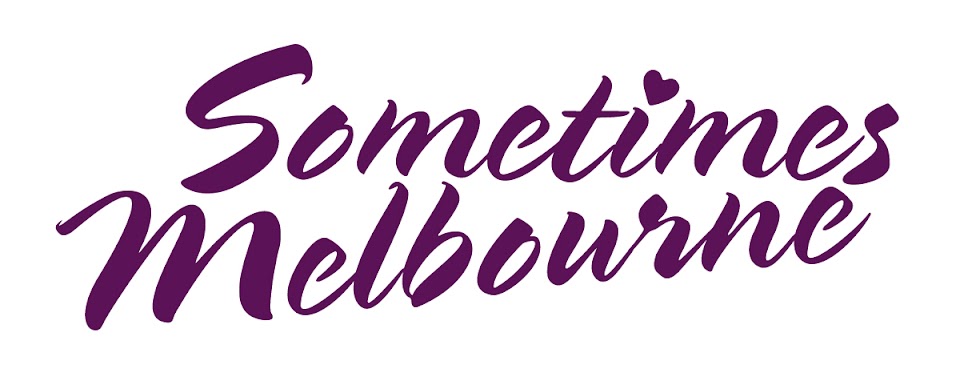The Melbourne International Comedy Festival starts on 25 March.
For arts writers, this means that we get more emails and messages than usual. Some won’t be read.
This festival, there are 559 shows wanting reviews. That’s 558 shows that your approach has to be better than.
Most review publications use the official festival media request form because it’s easier than making individual requests. (It’s by no means easy for the festival publicists, whom you should always be lovely to because they are awesome and put up with arts writers when we're difficult, tired or ditzy.)
BUT that doesn’t mean that your email – whether you're using a professional publicist or doing your own publicity – won't get a result.
1. Make it personal
“Dear reviewer” or “Hey guys” says, “I have no idea who you are and don’t read anything you write”. If you don’t know the name of the person you’re contacting, are you sure you want them to come?
Sending cut-and-paste individual emails isn’t much better. I’ve received emails asking me to review for publications I don’t write for and ones where my name has changed during the email.
And if you don’t know the person you’re writing to, introduce yourself.
2. Know what you want
Do you want your email to result in an interview, a listing, a review, an opinion piece, a news story, a ticket giveaway, an audition notice …
Tell the writer what you want.
And don’t ask for something that they don't do.
I’ve had complaints that I wasn't at shows I was “invited” to. Sending a media release with no other information is NOT an invitation.
3. Write a good subject line
Don’t write a witty or an obscure subject line, write a good one. A good subject line makes it easy to know what you want (and easy to search for when we need to check something).
For example:
Invitation: Name of show
Review/interview/listing request: Name of show
Reminder: Name of show (I appreciate reminder emails.)
Follow up: Name of show
Images: Name of show (the next ten tips will be all about images)
Media release: Name of show? – see point 2
4. Put the information in the body of the email
A beautifully designed pdf is cool, but make sure that the vital info is also in the body of the email. Opening an attachment takes time, is annoying to do on a phone and is one more excuse to move onto the next message.
Plain text also makes it easier to cut and paste so that names are spelt right.
5. Check spelling and grammar
This festival, I want to read ONE – really, just one – email or media release that has been proofread.
Writers do judge you by your ability to use an apostrophe.
6. Do your research
Read the writer and the publication. What do they like seeing and writing about? Do they interview? Do they review? Who else do they write for?
And check if the writer had reviewed the show/artist before. I’ve had invitations to review shows I’ve already seen – and not liked. Google really is your best friend.
7. Who, what, when, where
If the name, time, date and place of the show aren’t on your message, media release, invitation, web page, flyer and everything else about your show, don’t be upset if people don’t turn up.
8. Find the magic time
There’s a time that’s not too early or too late to make contact. It differs for everyone. For me, it’s four to five weeks from opening. Too late and I'm booked up, too early and I'm not ready to commit.
Some writers, especially those with mainstream publications, need longer, but a last-minute request can work, especially during a festival.
The secret to finding the magic time: ask the writer.
9. Follow up
A follow-up email is a great idea.
A second follow-up can work.
A third is a waste of time.
10. Be nice
558 other festival shows want reviews. As do the all the other shows on during March and April. Arts writers love seeing your shows (it’s why we do this, after all) and try to see as many as possible.
But this means that not everything will get a review.
This can be a kindness, or it can be because their brains imploded, the extra day in the week doesn't exist (it takes time to write reviews), they're sick or there wasn’t room to publish.
Never assume the worst, don’t get shitty and be happy with a tweet. And remember that a lot of word-of-mouth really is word-of-mouth.

